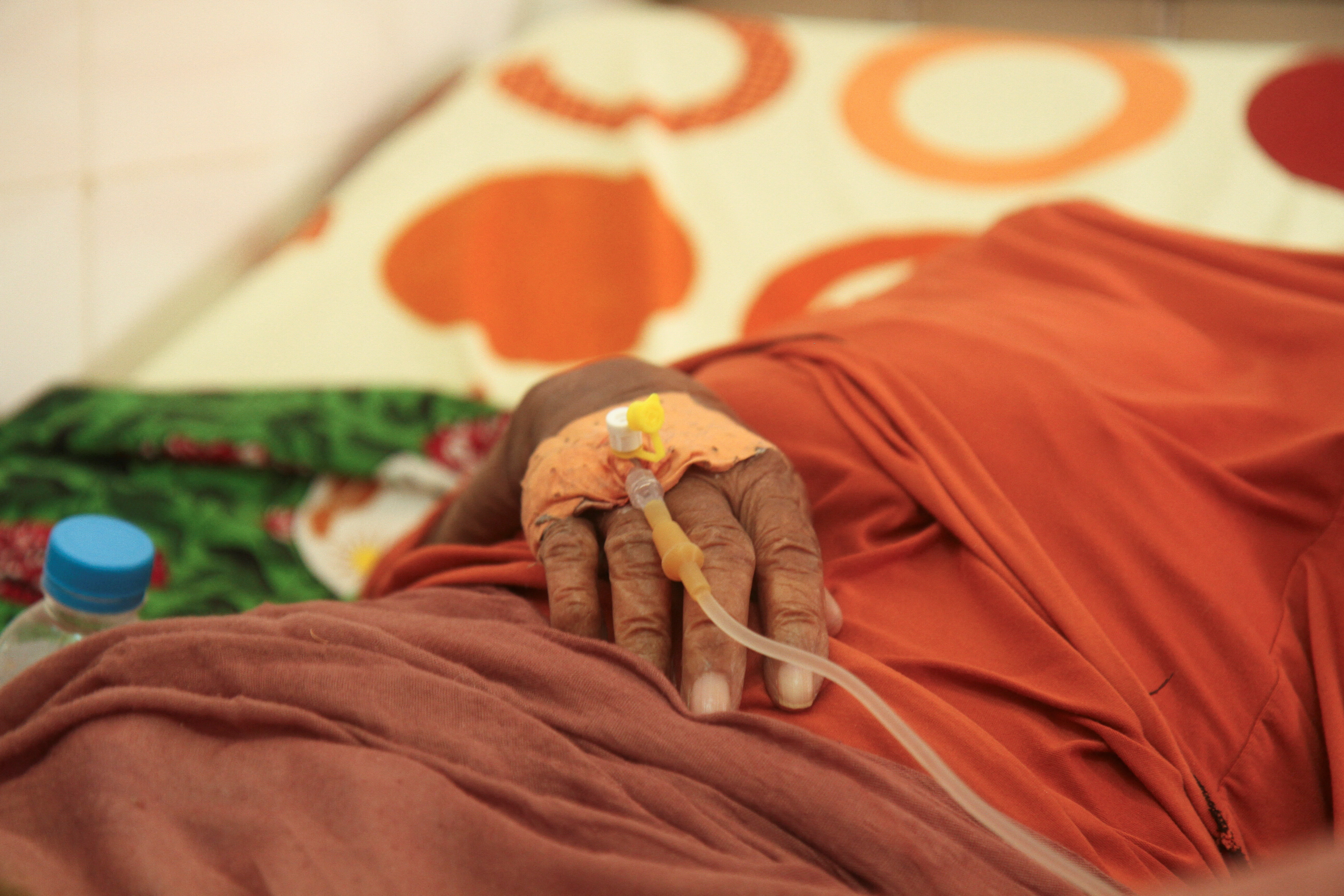This Argentinian paralympic swimmer has built his DIY pool with plastic bags
'We made do with what we had here and we started building.'
Image: REUTERS/Agustin Marcarian
Stay up to date:
Argentina
- Sebastián Galleguillo, 18, an Argentine paralympic swimmer has built his own pool using recycled materials.
- Sebastián is currently training to participate in the 2021 Deaflympics in Brazil.
- The pool was built using plastic sheets, logs, an old tank and two metal drums.
Sebastián Galleguillo, 18, an Argentine paralympic swimmer, has found an unusual way to train during an almost four-month lockdown in and around capital Buenos Aires due to the coronavirus pandemic that saw his local pool close its doors.
With the help of his bricklayer dad, Galleguillo has made a makeshift “pool” in his back yard located in a poor neighborhood of the city, using plastic sheets, logs, an old tank and two metal drums, and filling it with 400 liters of water.
“We made do with what we had here and we started building,” his father Edmundo Hernandez, 47, told Reuters.
“The first day was nailing logs on the floor, the second was putting sheets and plastics so that the water does not drain. Later, we bought a 15-meter-long by 4-meter wide plastic that forms a bag and that is what holds the water.”
Galleguillo, who is part of the Argentine team of deaf swimmers and training to participate in the 2021 Deaflympics in Brazil, said his time out of the water had been tough.
“I said to my mom: I want to train again because I am becoming rigid, I am losing mobility in my body... It’s not the same to train outside as being in the water.”
Argentina’s government imposed a mandatory lockdown on March 20, which has been extended around Buenos Aires until at least July 17 due to a recent spike in COVID-19 cases that now number over 100,000, with nearly 2,000 fatalities.
Despite the Southern Hemisphere winter, Galleguillo trains daily in his DIY pool, with heat from wood burned in a metal drum.
“With swimming I am one, I am completely me: in there, I do not depend on my hearing, I am in the water and I only need my body to train,” he said.
Accept our marketing cookies to access this content.
These cookies are currently disabled in your browser.
Accept our marketing cookies to access this content.
These cookies are currently disabled in your browser.
Don't miss any update on this topic
Create a free account and access your personalized content collection with our latest publications and analyses.
License and Republishing
World Economic Forum articles may be republished in accordance with the Creative Commons Attribution-NonCommercial-NoDerivatives 4.0 International Public License, and in accordance with our Terms of Use.
The views expressed in this article are those of the author alone and not the World Economic Forum.
Related topics:
Forum Stories newsletter
Bringing you weekly curated insights and analysis on the global issues that matter.
More on Health and Healthcare SystemsSee all
James See
November 7, 2025
Shyam Bishen
November 5, 2025
Naveena Nekkalapudi
October 31, 2025
Mariam Adebayo
October 30, 2025
Alexandros Pantalis
October 30, 2025




